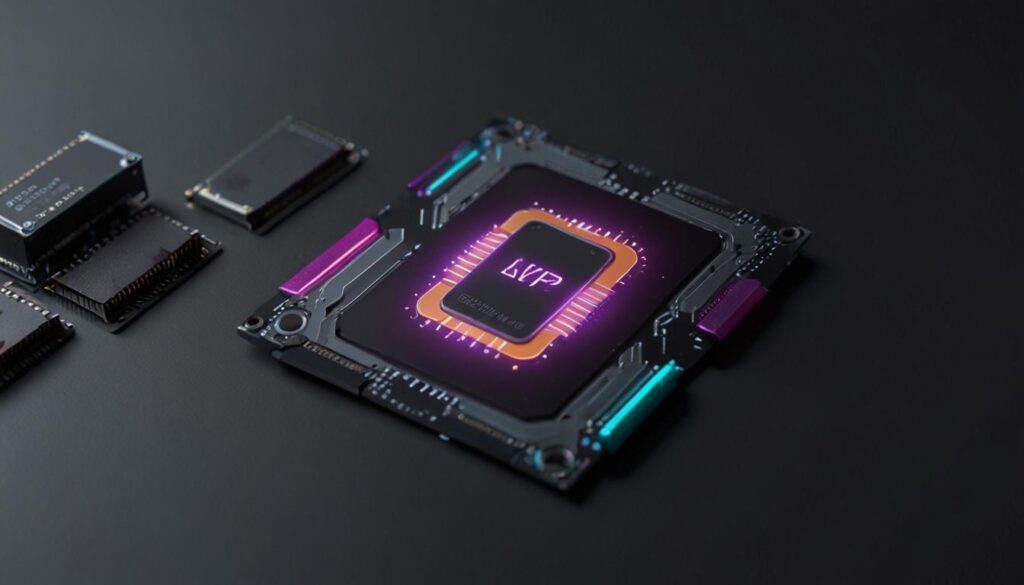New Jersey-based startup CoreWeave, initially a cryptocurrency mining firm, has transitioned to AI computing, attracting investors and raising its valuation to $19 billion. Leveraging its ties with Nvidia, the company offers niche high-performance computing services, aiming to reshape the cloud computing industry.
CoreWeave, a New Jersey-based startup founded in 2017, is challenging cloud computing giants Amazon and Microsoft by leveraging its close ties with Nvidia. Initially a cryptocurrency mining firm, CoreWeave transitioned to artificial intelligence (AI) computing and has significantly raised its valuation. The company secured $8.6 billion in debt and equity over the past month, raising its valuation to $19 billion. A year earlier, Nvidia had taken a $100 million stake in CoreWeave, valuing it at $2 billion.
CoreWeave rents out Nvidia’s high-performance AI chips and has designed its data centers to meet the demands of AI computing. It has attracted investors like Magnetar Capital, Blackstone, and Coatue, capitalizing on the booming demand for AI services. This market shift could reshape the $500 billion cloud computing industry.
In 2023, CoreWeave raised more than $420 million in equity and $2.3 billion in debt. It further raised $7.5 billion in debt and $1.1 billion in equity. The company plans to expand in Europe with a $2.2 billion investment to build data centers in Norway, Sweden, and Spain, and has committed $1.3 billion for facilities in the UK. A partnership with Core Scientific in the US aims to repurpose bitcoin mining data centers for AI computing, with a potential $1 billion acquisition offer reported by Bloomberg.
CoreWeave offers a niche service for high-performance computing clients, differentiating itself from broader platforms like Amazon Web Services. Despite its reliance on Nvidia’s GPUs, CEO Michael Intrator asserts that Nvidia’s investment does not equate to preferential access. The company has developed software to manage GPU clusters automatically.
By the end of 2024, CoreWeave aims to operate 28 data centers across the US and Europe, continuing its rapid expansion to support the AI boom.










